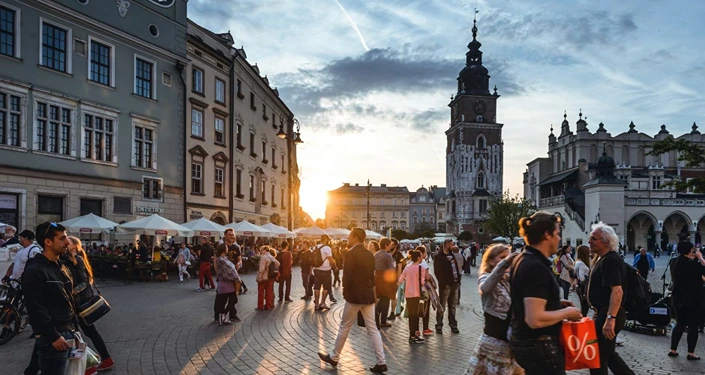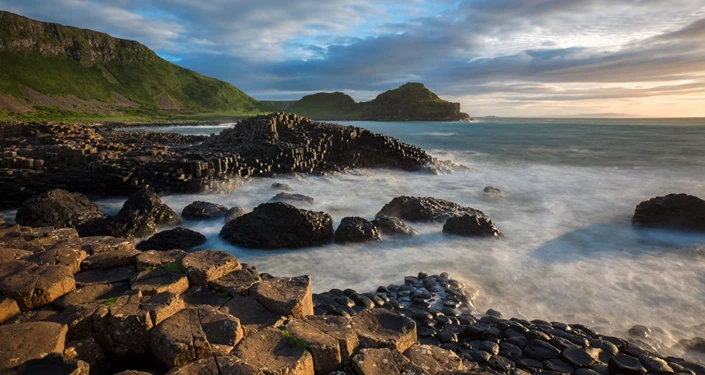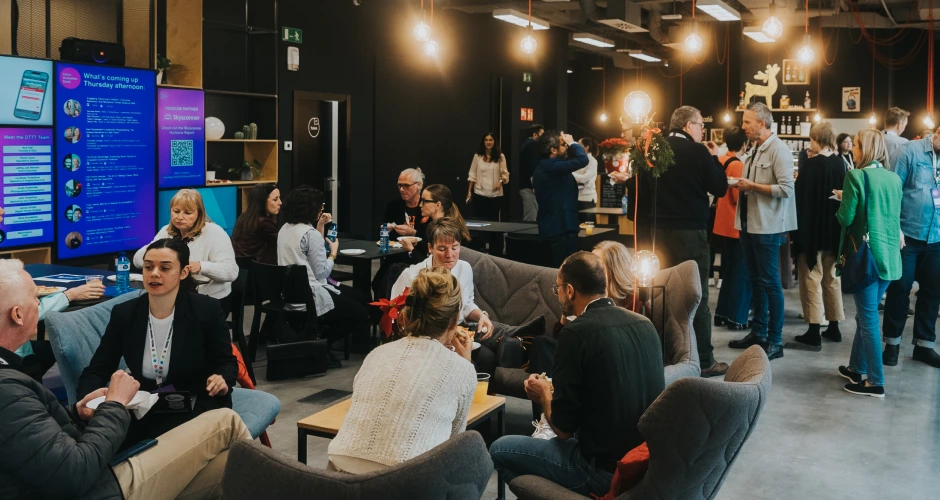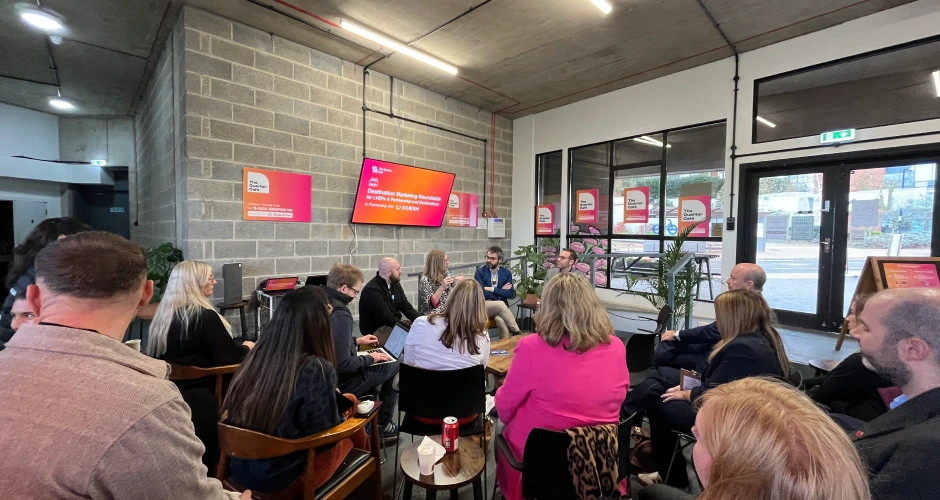The DTTT partnered with Abu Dhabi's Culture and Tourism Department to produce an industry whitepaper and podcast series about the resiliency of the MICE sector in Abu Dhabi. This project highlights how Abu Dhabi is reinforcing its competitive positioning for hosting business events through innovation and collaboration, enabling the MICE sector to thrive as it continues to recover from COVID-19.
Industry Whitepaper
The DTTT team produced a whitepaper summarising the latest MICE trends and performance as well as the strategic importance of effectively positioning the MICE sector. The report identifies the evolving drivers and motivations for business travel, influencing the innovation priorities and the new realities that conference organisers need to reflect in their adapted offerings. Sustainability and creating immersive event experiences are the two most pressing needs of the new MICE sector landscape that will add value to in-person events and help them to better compete with virtual events.
Backstage Leadership Conversations
In the eight-episode Backstage Leadership Conversations podcast series, the DTTT facilitated engaging discussions with MICE sector leaders during Abu Dhabi Business Events Week to understand how they have seen the business environment evolve and their perspectives on the future of MICE. We explored the post-pandemic trends, focusing on key areas such as technology, impact, sustainability and recovery.
Episode Summaries
Placing high strategic importance on MICE tourism, supported by a multi-year destination strategy enables Abu Dhabi to transform the MICE sector through continuous innovation to improve infrastructure and accessibility and ensure visitors have excellent experiences of visiting MICE events. Developing alignment with key stakeholders is crucial to this approach, enabling a collaborative approach based on partnerships. Such a position aids the resiliency of the destination, with Abu Dhabi safely hosting events during COVID-19 and building its reputation as a trusted destination.
Digital transformation is an increasingly significant element in building resiliency, with predictive data analytics streamlining the efficiency of organisational operations to respond quickly to changing circumstances. Technology enhances guest experiences and drives seamless travel, eliminating consumer pain points and improving tourist satisfaction. Innovation is central to economic growth and improving destination appeal, with regular investment in diversifying attractions and experiences crucial for destination development.
Part 3: Shifting Trends in Business Travel, Is Bleisure Transforming?
The b-leisure economy is transforming the way people work and travel, with nomadic working a massive trend as people are increasingly looking for ways to work remotely while also enjoying leisure activities. Hybrid events are becoming more popular in the MICE sector, with many businesses realising that some meetings can be held online and create opportunities for further enhancing post-event knowledge transfer. However, in-person events remain important for their networking potential, showing the everlasting value of personal interactions amongst MICE participants and the significant demand for education as people aim to grow in their careers.
The MICE sector has undergone rapid transformation following the COVID-19 pandemic, with sustainability increasingly being viewed as essential for remaining competitive, encouraging the MICE sector to invest in reducing its environmental footprint. Collaboration has also become more important, with diverse input into structuring events and their programmes, with emerging technologies utilised to design experiential content. Building sector-specific expertise helps event organisers better understand the differing objectives of associations and ensure capacity to provide the necessary resources to hold successful events.
Succeeding in the competitive MICE sector requires more than just a strong product offer, with client-oriented initiatives more crucial to reflect the changes in customer behaviour. Travellers have become more cautious, with enabling flexibility a central demand of travellers. The MICE sector therefore has seen the significance of investing in strong value propositions centred around enhancing visitor experiences by creating authentic and unique itineraries as well as companion programmes that incorporate the culture and heritage of destinations.
Sustainability consciousness in the events industry has evolved in recent years. It has moved away from a reactionary approach focusing on the mitigation of negative impacts, such as reducing carbon footprints and waste, towards prioritising the creation of a strong legacy. Showcasing how events will generate ongoing benefits for local communities is now a central element of bidding to host events and winning new contracts, with the strategic vision and commitment of destinations becoming a key differentiator for competing destinations.
Technology is constantly evolving and organisations need to be open to change and willing to adapt their thinking, leadership and culture. A future-ready mindset is essential for organisations that want to succeed in the long term. Focusing on innovation will help the MICE sector become more customer-centric. However, it's important to focus on developing solutions that solve challenges and avoid the temptation to develop new initiatives without a clear purpose and wasting resources.
Streamlining internal operations lays the foundation for maximising external outputs. By focusing on building high-performance teams, driving innovation and accelerating executive power, organisations can transform big ideas into action. The focus of value creation should be on leveraging strengths rather than compensating for weaknesses. Organisations also shouldn't be afraid to end initiatives that are no longer aligned with goals or delivering the desired objectives, freeing up resources to focus on actions that will generate the biggest impact.
Following the successful delivery of the whitepaper and podcast series, Abu Dhabi's Culture and Tourism Department extended the collaboration with DTTT for another year with a wider remit of two industry whitepapers and series two of the Backstage Leadership Conversations podcast.






.svg)





.webp)










.webp)
